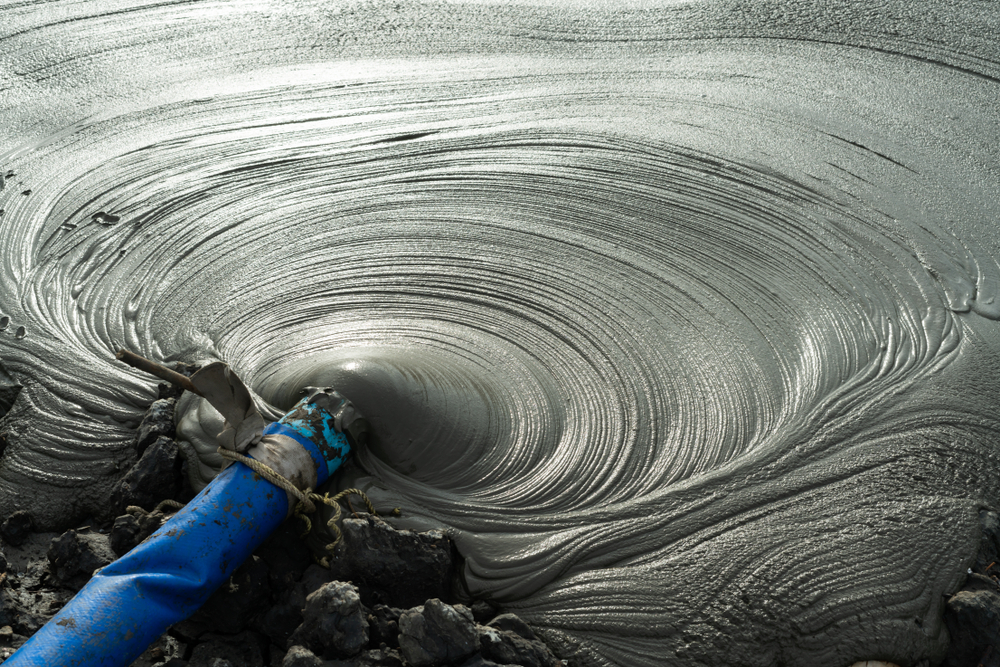API RP 13I Laboratory Testing of Drilling Fluids
The American Petroleum Institute (API) Recommended Practice 13I (API RP 13I) provides a comprehensive framework for the laboratory testing of drilling fluids, also known as mud. This service ensures that mud formulations meet industry standards and are fit for purpose in oil and gas operations.
Drilling fluid is an essential component of any successful wellbore operation. It serves multiple critical functions, including lubrication, cooling, and suspension of cuttings during drilling. The properties of the drilling fluid significantly influence operational efficiency, safety, and environmental impact. API RP 13I focuses on testing these properties to ensure that muds are optimized for performance in specific drilling environments.
The recommended practice covers a wide range of parameters, including rheological properties (viscosity, yield point), chemical composition, thermal stability, and filtration characteristics. These tests help in identifying potential issues early on and optimizing the formulation before it is deployed in the field. Proper testing ensures that muds are not only efficient but also environmentally responsible.
Testing begins with a thorough analysis of the raw materials used to formulate the drilling fluid. This includes clay types, weighting agents, polymers, and other additives. The chemical composition analysis helps in understanding the potential impact on wellbore stability and cementing operations. Rheological tests are conducted using various viscometers to measure how the mud behaves under different shear rates.
Filtration tests assess the ability of the drilling fluid to prevent formation damage by measuring the amount of suspended solids that pass through a filter. This is crucial in maintaining wellbore integrity and preventing blockages. Temperature stability testing ensures that the mud remains stable over a range of temperatures, which can vary significantly during drilling operations.
API RP 13I also emphasizes the importance of biodegradability testing to minimize environmental impact. The recommended practice specifies criteria for evaluating how quickly the mud breaks down in natural conditions. This ensures that any waste generated from drilling operations is environmentally friendly and can be safely disposed of without causing harm.
The testing process involves precise specimen preparation, ensuring that each sample represents the intended formulation accurately. Rigorous quality control measures are implemented to ensure consistency and accuracy throughout the testing process. The use of advanced analytical instruments such as rheometers and filtration testers guarantees reliable results.
Once the tests are completed, detailed reports are generated, providing a comprehensive overview of the mud's properties and their compliance with industry standards. These reports serve as essential documentation for quality assurance and can be used to make informed decisions regarding field deployment.
Industry Applications
- Drilling Optimization: Ensures optimal drilling performance, reducing operational costs and time.
- Safety Assurance: Prevents accidents by ensuring the mud is stable and does not cause formation instability.
- Environmental Compliance: Helps in meeting environmental regulations by using biodegradable formulations.
Quality and Reliability Assurance
- Rigorous Testing Protocols: Adherence to API RP 13I ensures that all tests are conducted under controlled conditions, yielding consistent and reliable results.
- Standardized Reporting: Comprehensive reports provide a clear understanding of the mud's properties and their compliance with industry standards.
Customer Impact and Satisfaction
The rigorous testing process provided by API RP 13I ensures that customers receive drilling fluids that are optimized for performance, safety, and environmental impact. This leads to increased customer satisfaction as the products meet or exceed expectations. Furthermore, compliance with industry standards enhances the reputation of both the laboratory and its clients in the oil and gas sector.
Customers can rely on our services to deliver accurate, reliable data that supports their operational decisions. By ensuring that drilling fluids are tested thoroughly and consistently, we contribute to the overall success of oil and gas projects. Our expertise in this area allows us to provide valuable insights into mud performance, which can be used to improve field operations.





